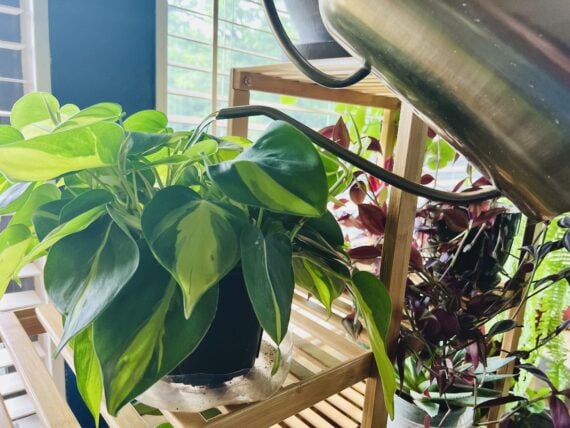All plant lovers know how irritating it is to see their plants getting attacked by pests. While there are many pesticides on the market, most of them contain strong chemicals that can pose a health hazard to pets and humans. But did you know you can make your own cheap and effective pesticides using common ingredients found in your kitchen and pantry?
Here are seven organic pesticide solutions you can make at home to keep pesky bugs away from your plants and harmful chemicals away from your loved ones.
Soap Spray
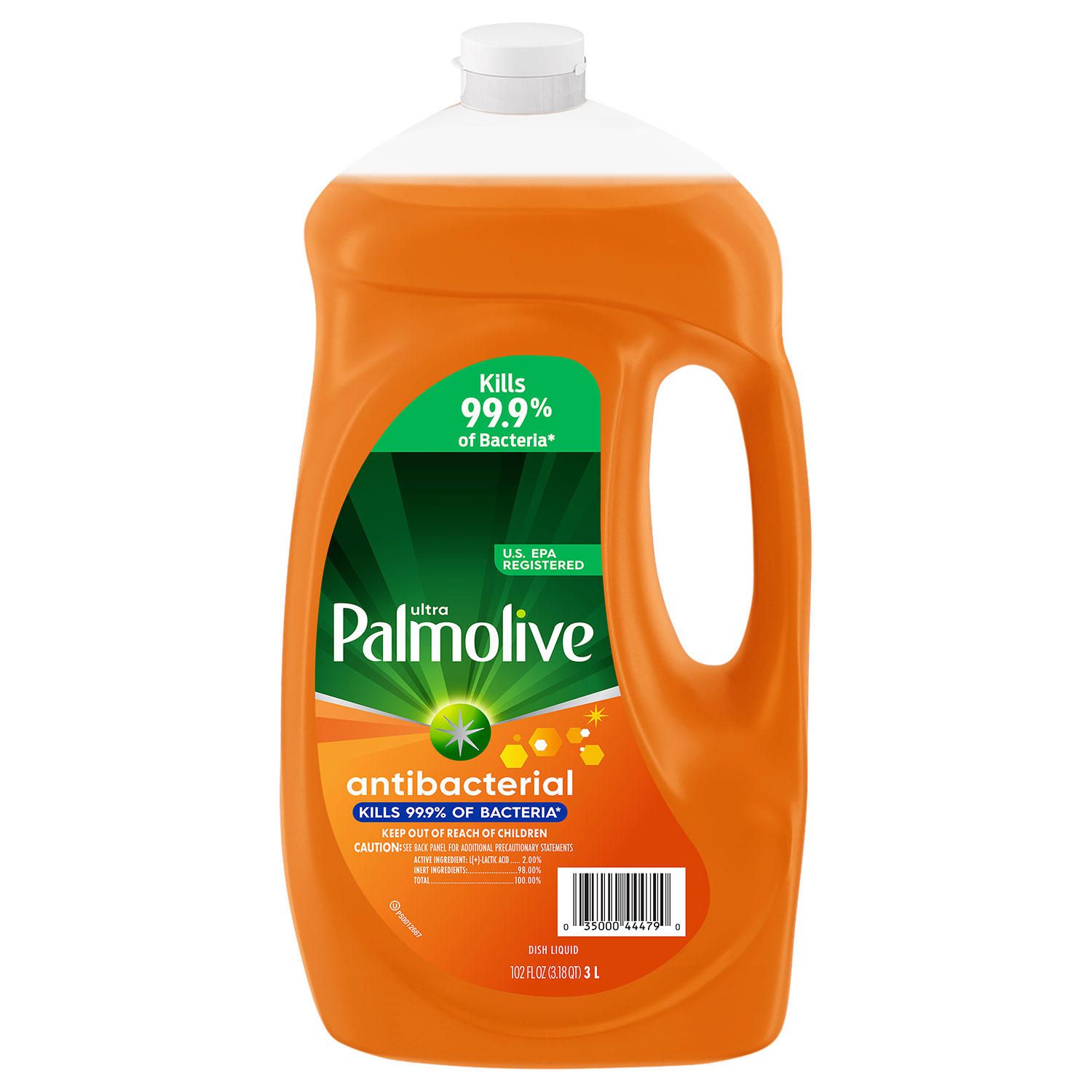
A mixture of mild liquid (or dish) soap mixed with water creates a simple yet powerful organic pest control that works by suffocating soft-bodied pests like aphids, whiteflies, and mites. The soap disrupts their cell membranes and deters them from attacking your plants. For optimal efficiency, spray the solution directly onto the plant leaves and stems at least a few times a week to keep those annoying bugs at bay.
Neem Oil Spray
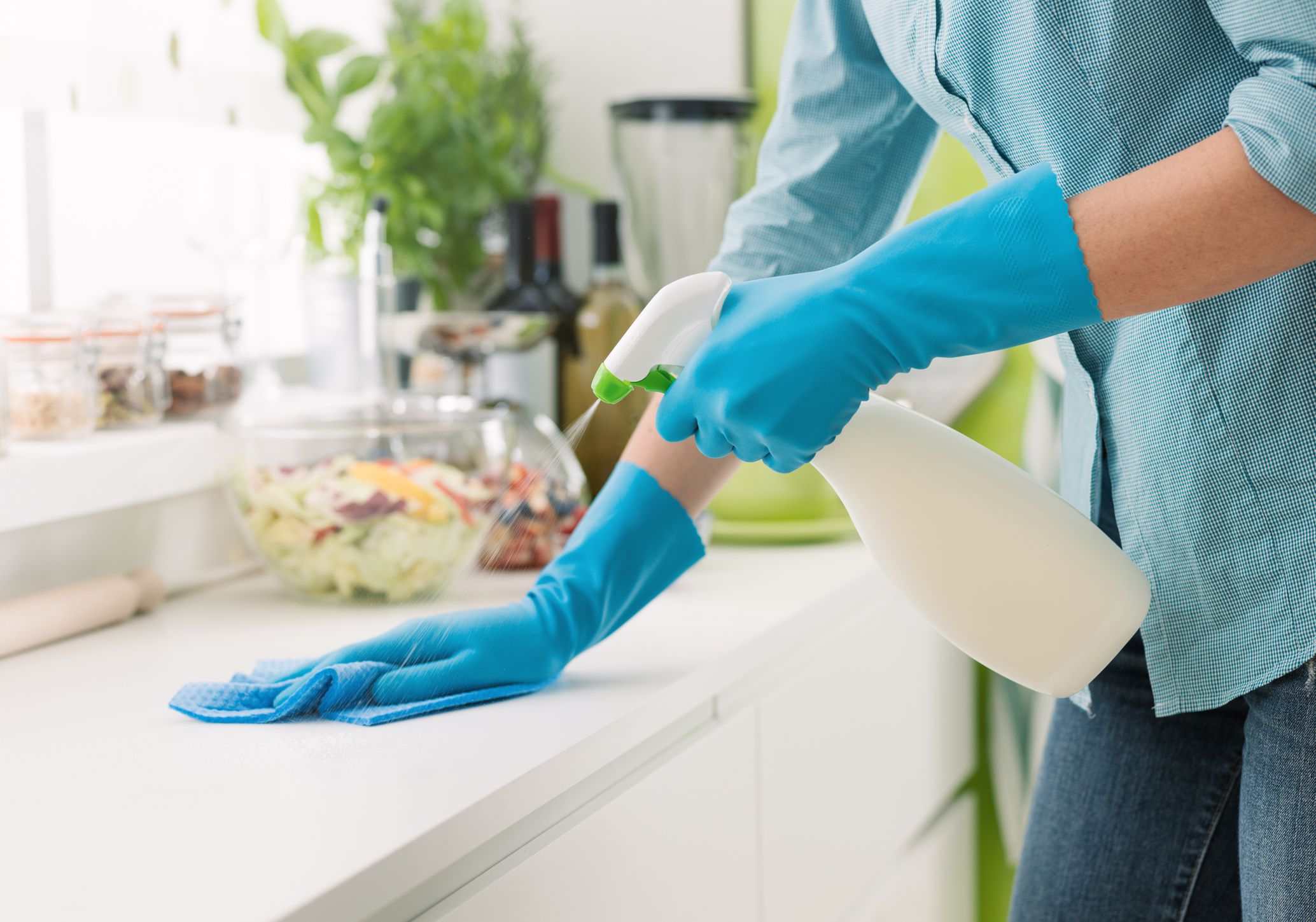
Neem oil, derived from the neem tree, is a natural pesticide that targets a wide range of garden pests. When mixed with water and a few drops of liquid soap, it becomes an effective solution for combating and repelling aphids, beetles, caterpillars, and other destructive insects that love to munch on plants and garden vegetables.
Garlic Spray
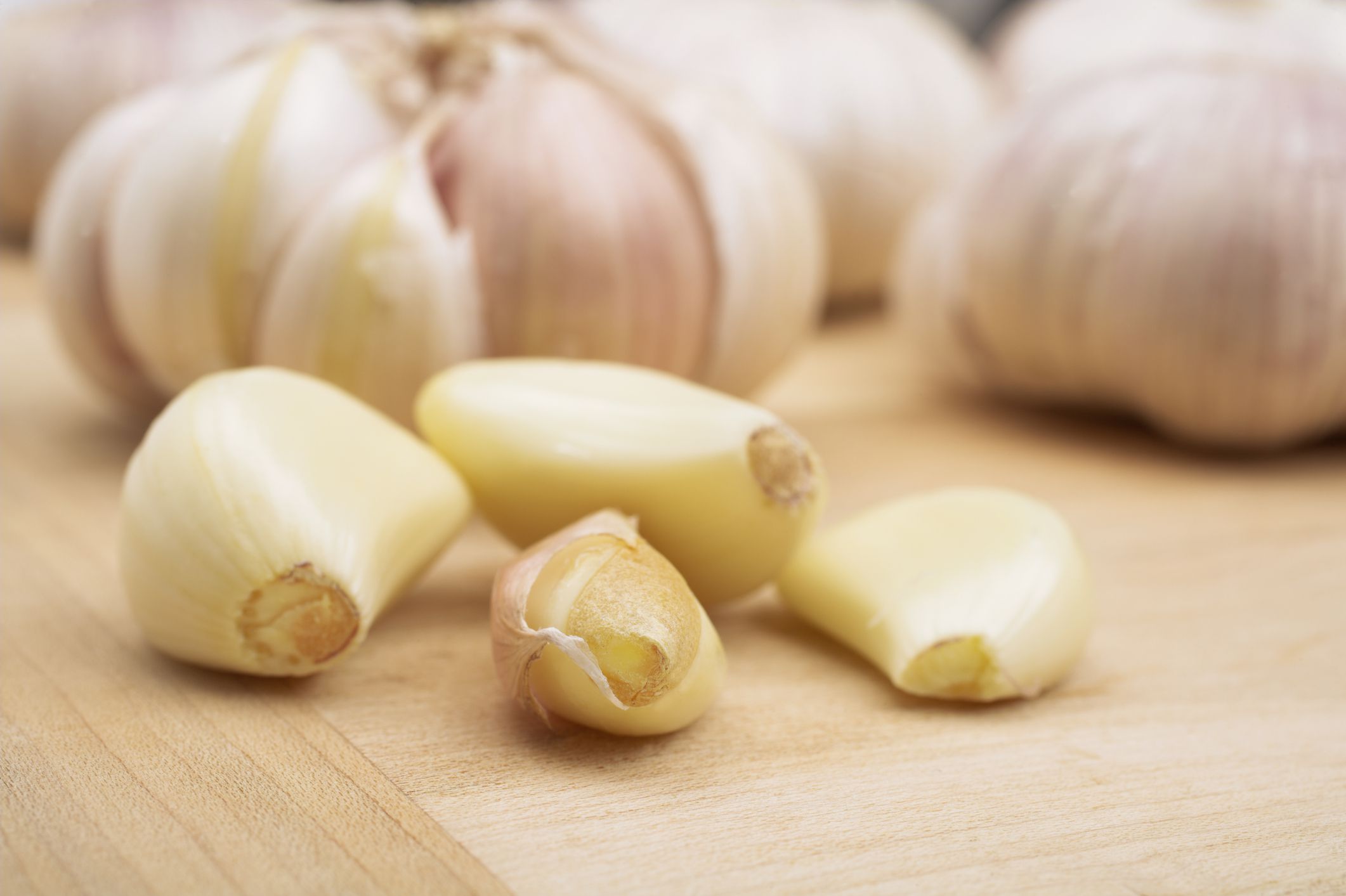
By smashing up and blending garlic cloves with water and incorporating a few drops of dish soap, you can create another potent, organic pesticide. The strong scent of garlic repels pests like aphids, slugs, and beetles from feasting on your plants, while still being a safe choice for humans. (Just be careful not to let your pets near the solution, as garlic can be toxic to dogs.)
For more great gardening advice and money-saving tips, please sign up for our free newsletters.
Vegetable Oil Spray

When mixed with water and a few drops of dish or mild soap, vegetable oil becomes an effective organic pesticide for combating mites, scales, and whiteflies. The oil coats the pests’ bodies and blocks their breathing pores, which then suffocates them and prevents further damage to your plants. This solution is most useful for controlling infestations on leaves and stems.
Related: Getting the Bugs Out: 22 Cheap, Natural Ways to Rid Your Home of Pests
Tomato Leaf Spray
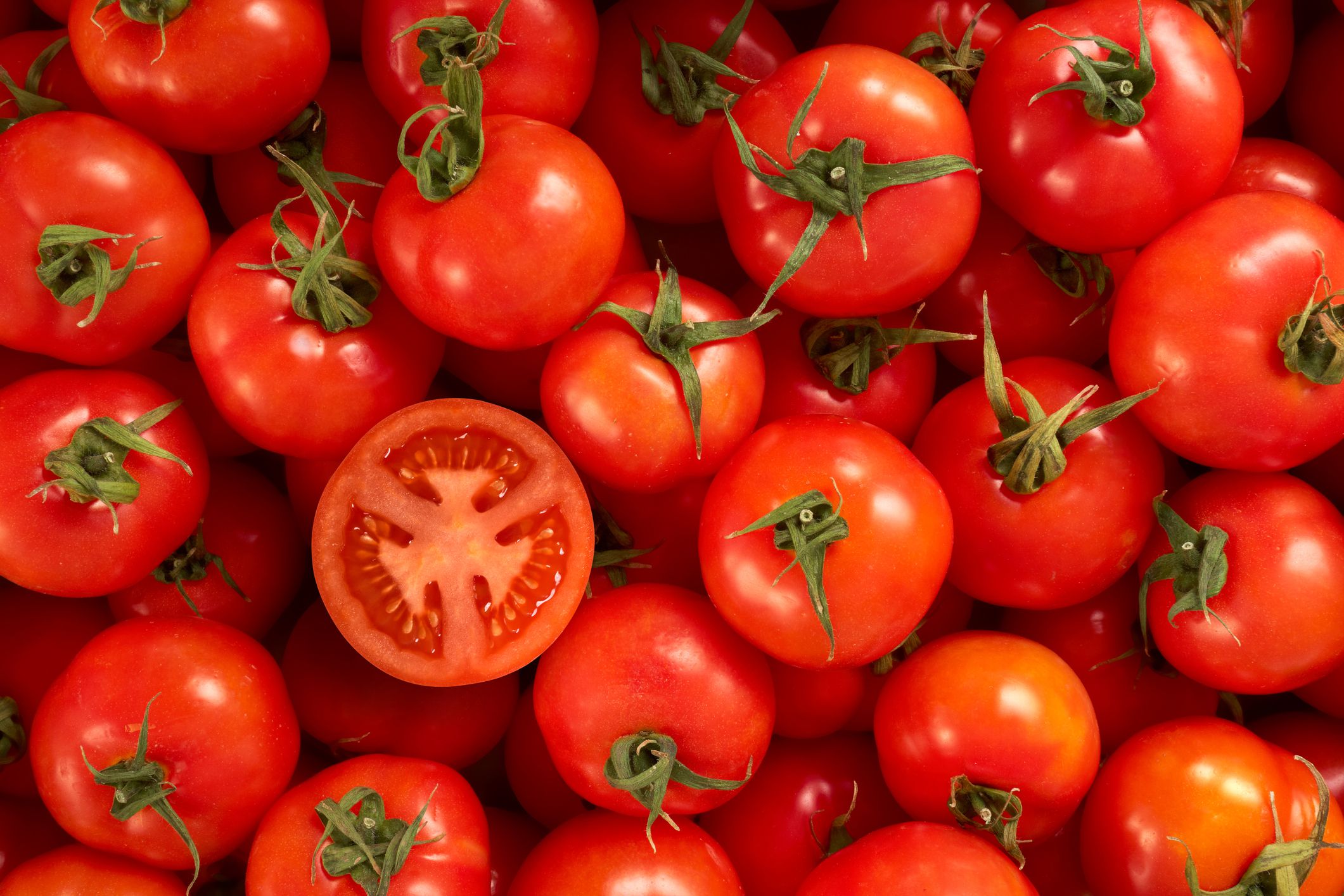
Boiling tomato leaves in water and using the cooled liquid as a spray provides another effective pesticide. Tomato leaves and stems carry alkaloids, which are toxic to many garden pests. This homemade solution targets aphids, whiteflies, and caterpillars by disrupting their feeding and breeding cycles.
Related: How to Repel Bugs Naturally (and Cheaply)
Trending on Cheapism
Vinegar Spray
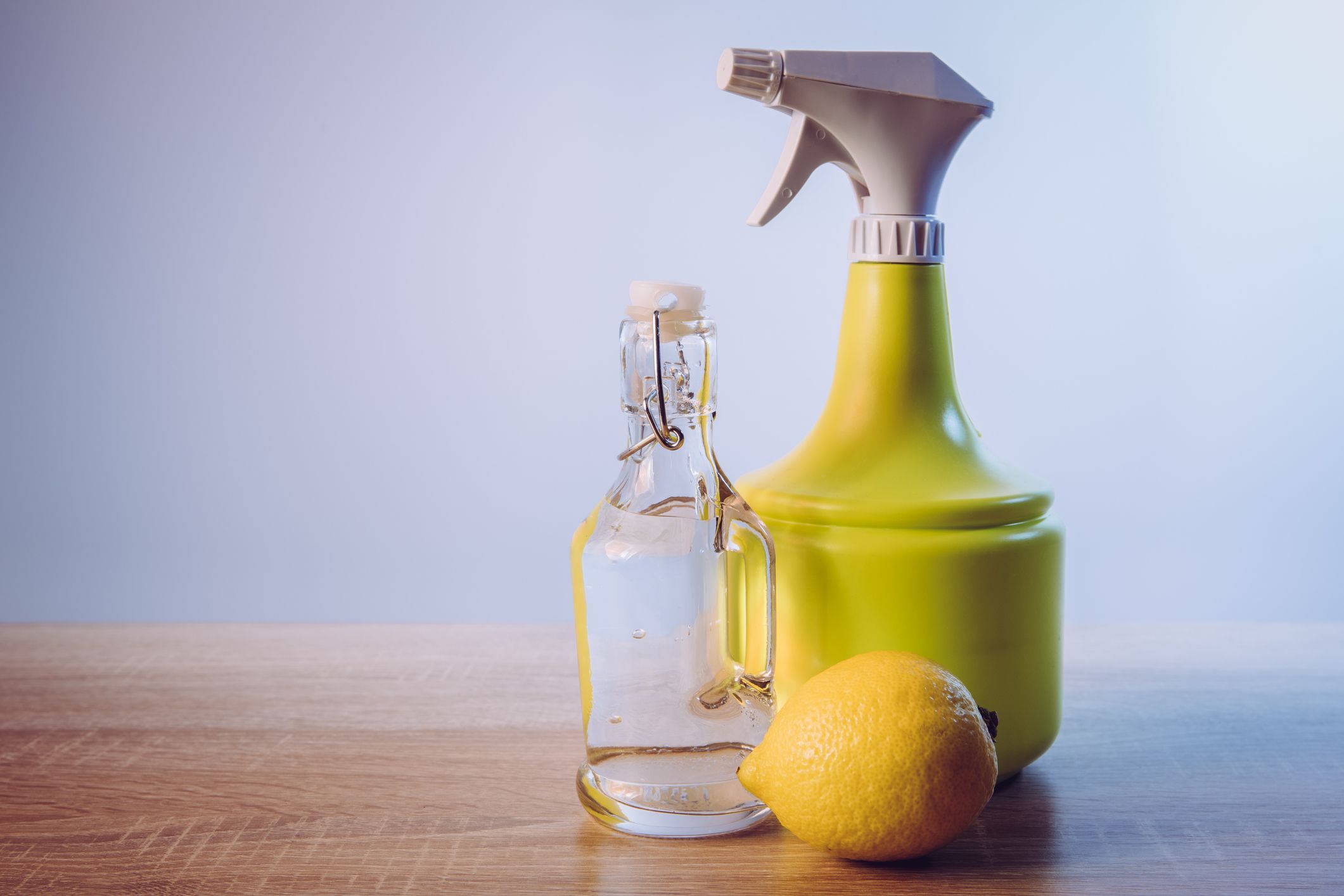
A mixture of vinegar, water, and mild soap acts as an effective pesticide for controlling pests such as ants, slugs, and even certain fungi. The acidity of the vinegar disrupts the pests’ environment, making it inhospitable for their survival. It also helps inhibit the growth of undesirable fungi to provide a natural solution for garden maintenance.
Related: 10 Things You Should Never Clean With Vinegar
Chilli Pepper Spray
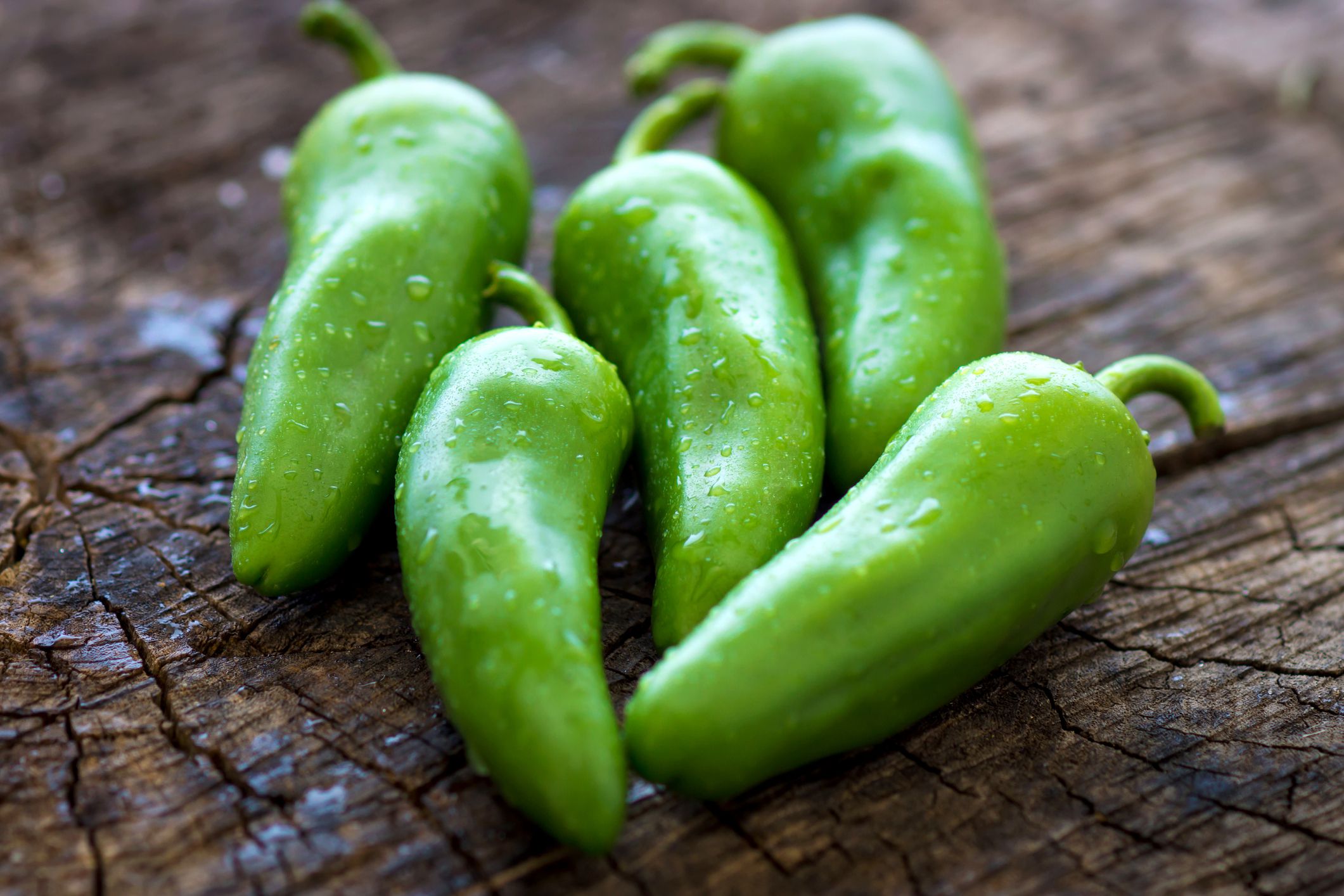
Blending chili peppers (or cayenne powder) with water and liquid soap creates a spicy concoction that repels a variety of pests. The capsaicin in chili peppers acts as a natural deterrent, making the plants less appealing to insects like aphids, slugs, and caterpillars. This spray is especially useful for protecting delicate plants and garden vegetables from common pests.
